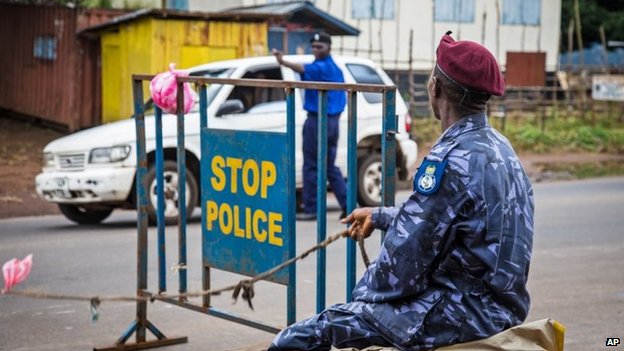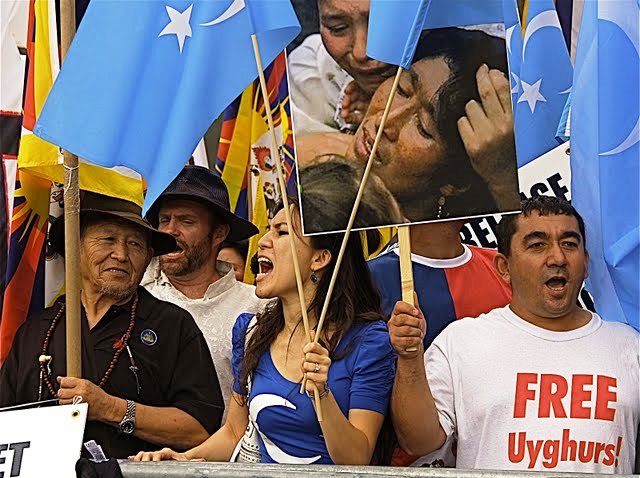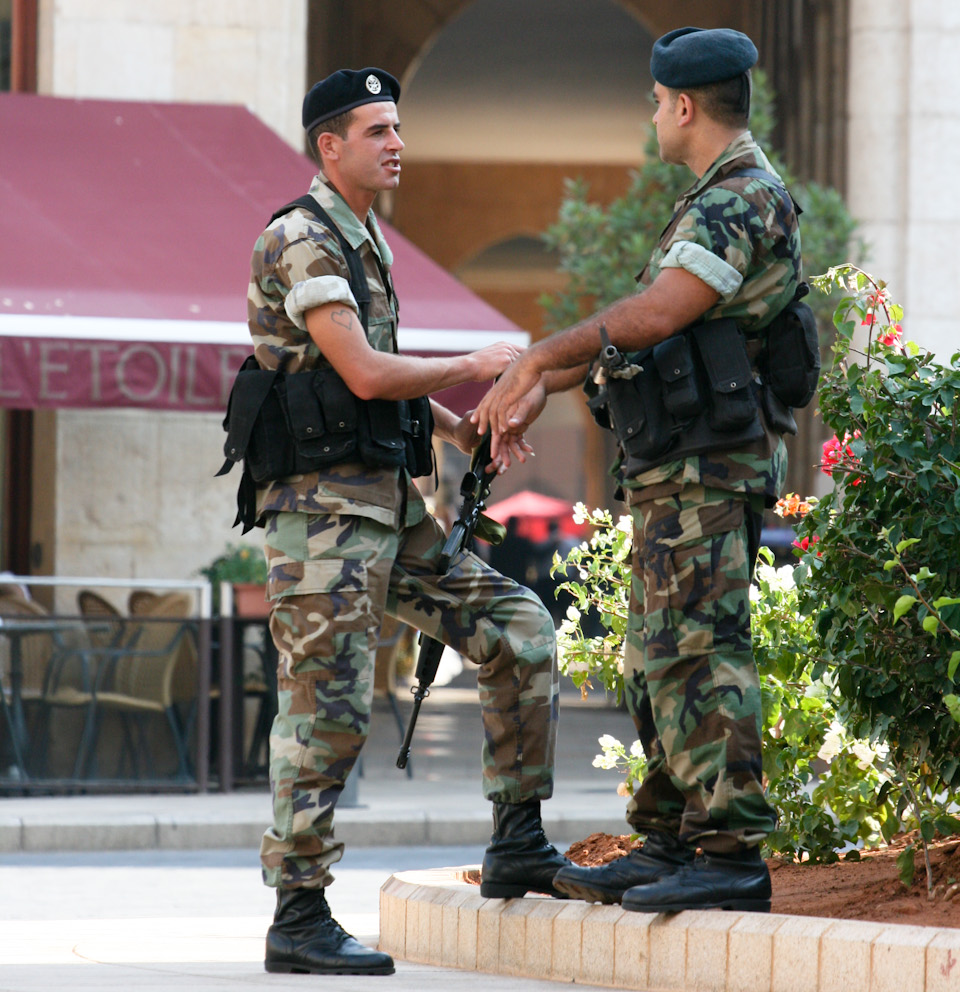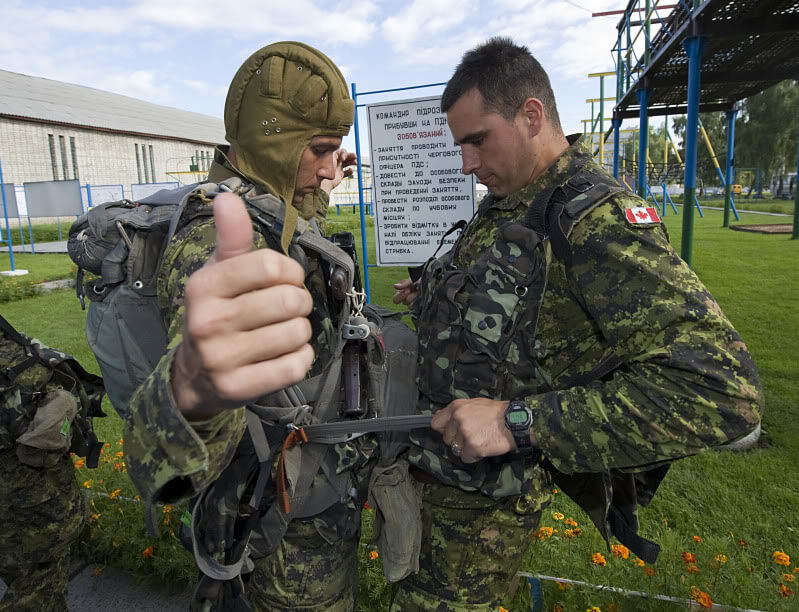
In a drastic measure to control the rampant spread of the Ebola Virus, Sierra Leone’s government devised a plan, to temporarily quarantine its residents in their homes.
The lockdown, which began on September 19, 2014, requires individuals to remain within their homes for 72 hours, as Sierra Leone’s health workers travel door to door searching for unidentified cases of the disease. The government’s quarantine plan aims to both prevent new infections from occurring, and to give the nation’s limited health workers a chance to uncover hidden cases in remote corners of the country.
According to Government spokesperson, Abdulai Bayraytay, it is critical to the relief effort that health workers be able to identify cases where fearful families are harboring infected individuals inside of their homes.
As of September 7, 2014, the WHO counted 524 deaths in Sierra Leone alone, with an estimated 2,226 across the region.
International Charity, Doctors Without Borders, has warned that the large-scale lockdown could very well make the situation in Sierra Leone worse. While they share concerns over the threat posed by hidden cases within the country, MSF, stated; “It has been our experience that lockdowns and quarantines do not help control Ebola as they end up driving people underground, jeopardizing the trust between people and health providers.”
In addition to concerns over the actual effectiveness of the ‘house-to-house’ method, while the lockdown is underway, Sierra Leone’s nationals will face added social and economic pressures as they lose the ability to trade or purchase food items and essential services.

The relative success of the lockdown will rest on the government’s ability to adequately enforce its terms, meaning first, keeping individuals inside their homes and second, coaxing those who are either uneducated or in denial over Ebola’s existence to turn in infected individuals.
While doubts over the lockdown plan are warranted, the situation in Sierra Leone and across West Africa is dire. With vastly limited health resources and restricted access to support from the outside world, Sierra Leone’s fight against Ebola is not foreseeably going to be won through conventional measures.
The bigger question remains whether Sierra Leone has the public infrastructure to effectively support its citizens through the lockdown period. While West African Governments will continue to do everything they can, Sierra Leone’s drastic lockdown measure is just one more indication of the urgent necessity for a much stronger global response to the Ebola outbreak.




